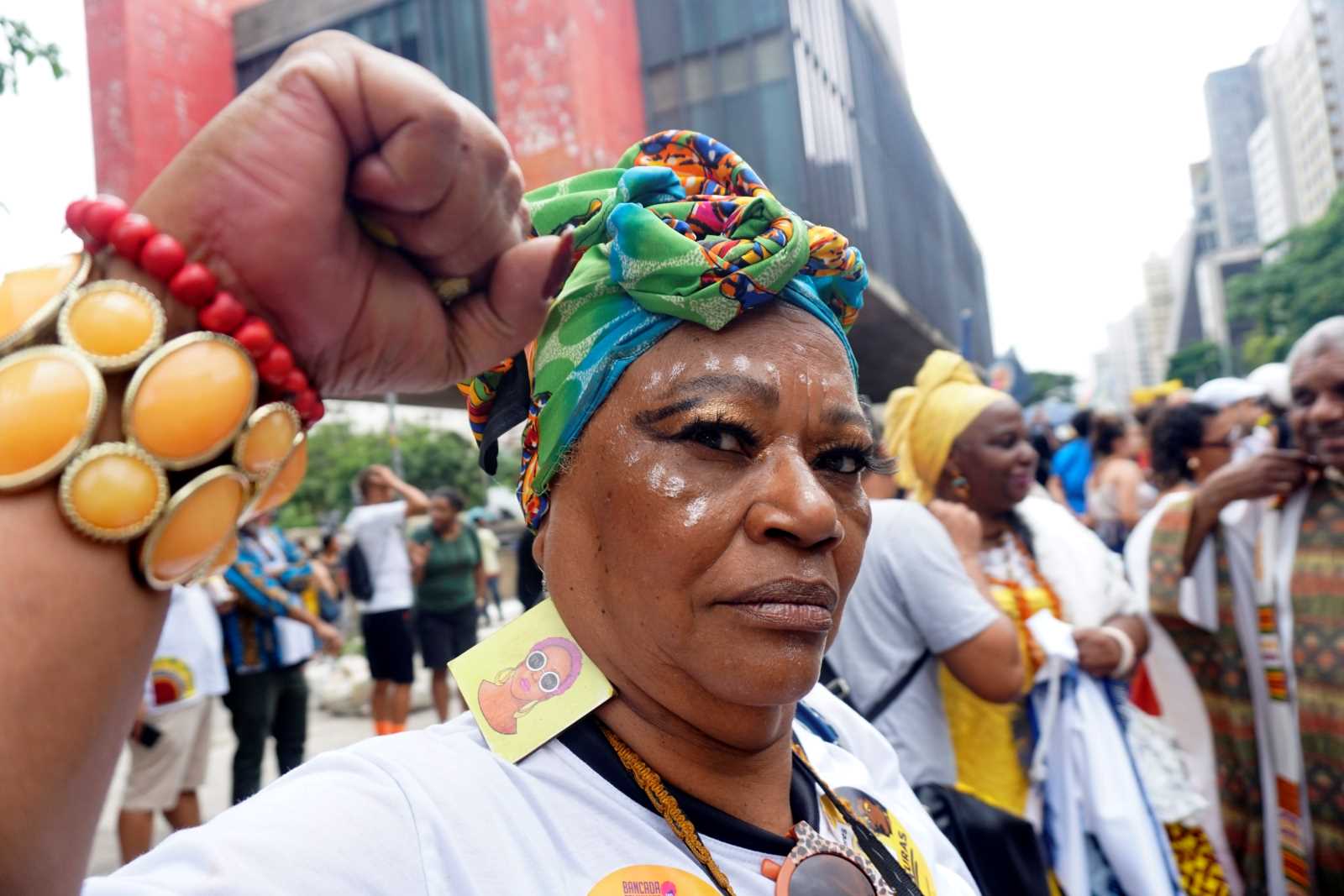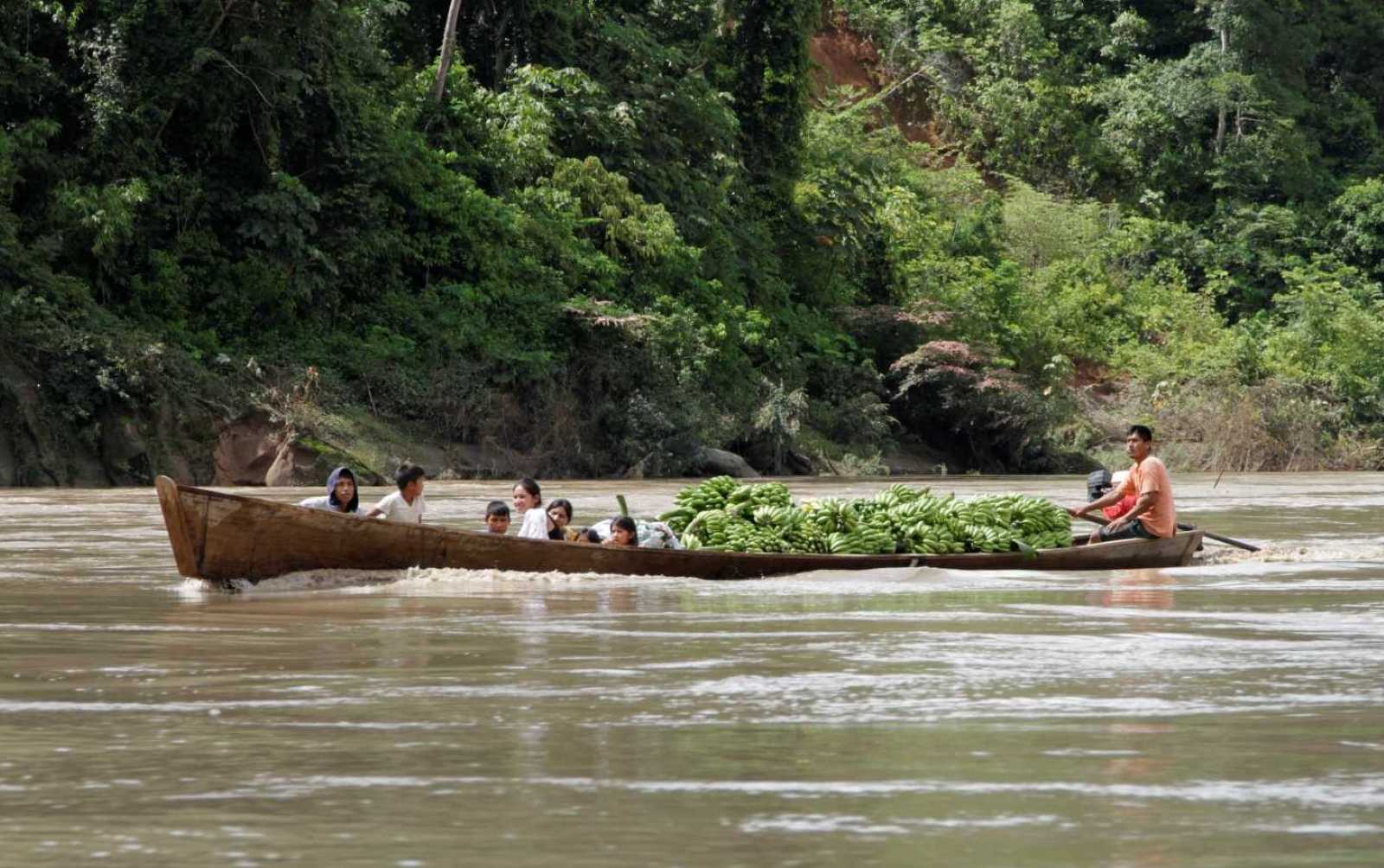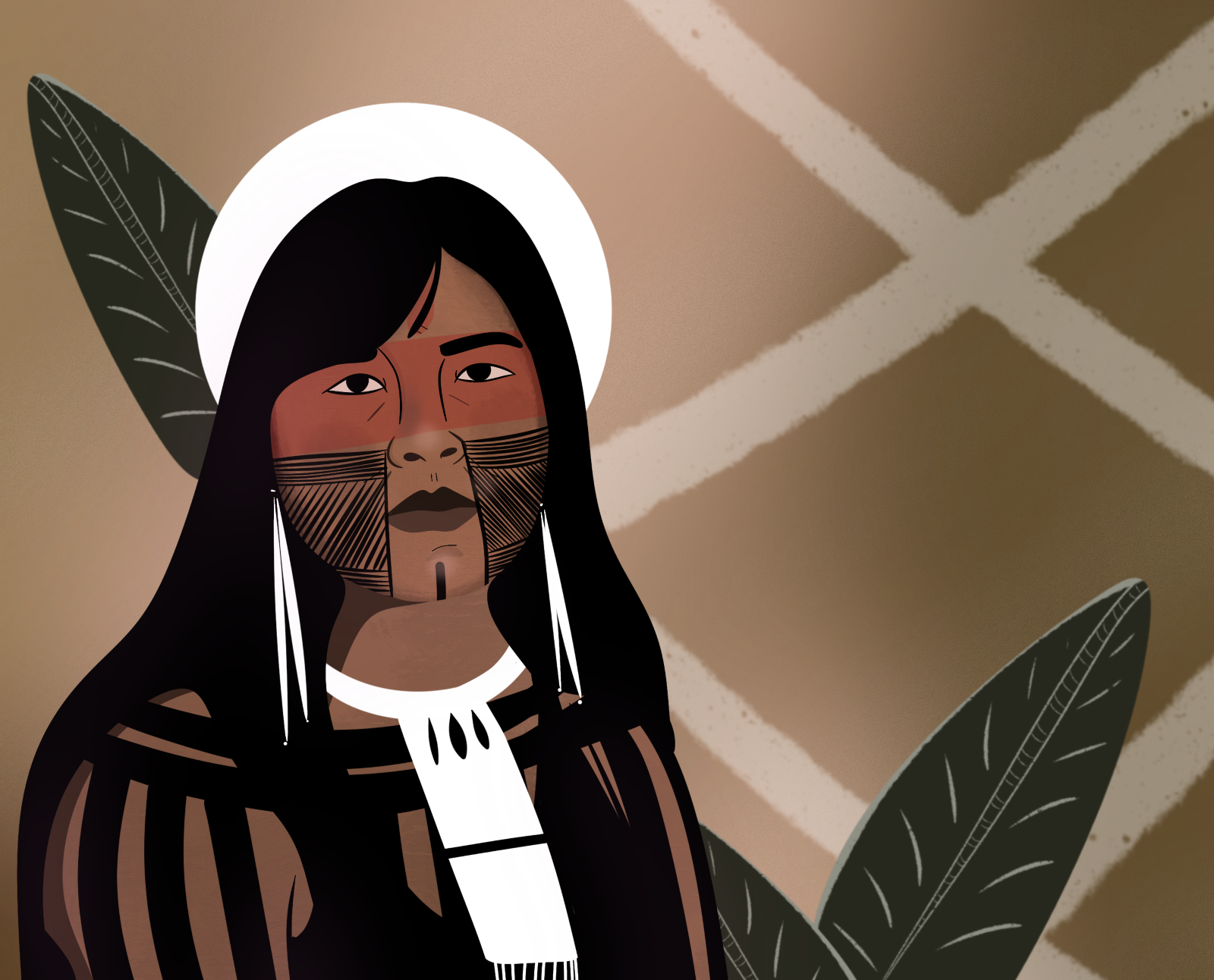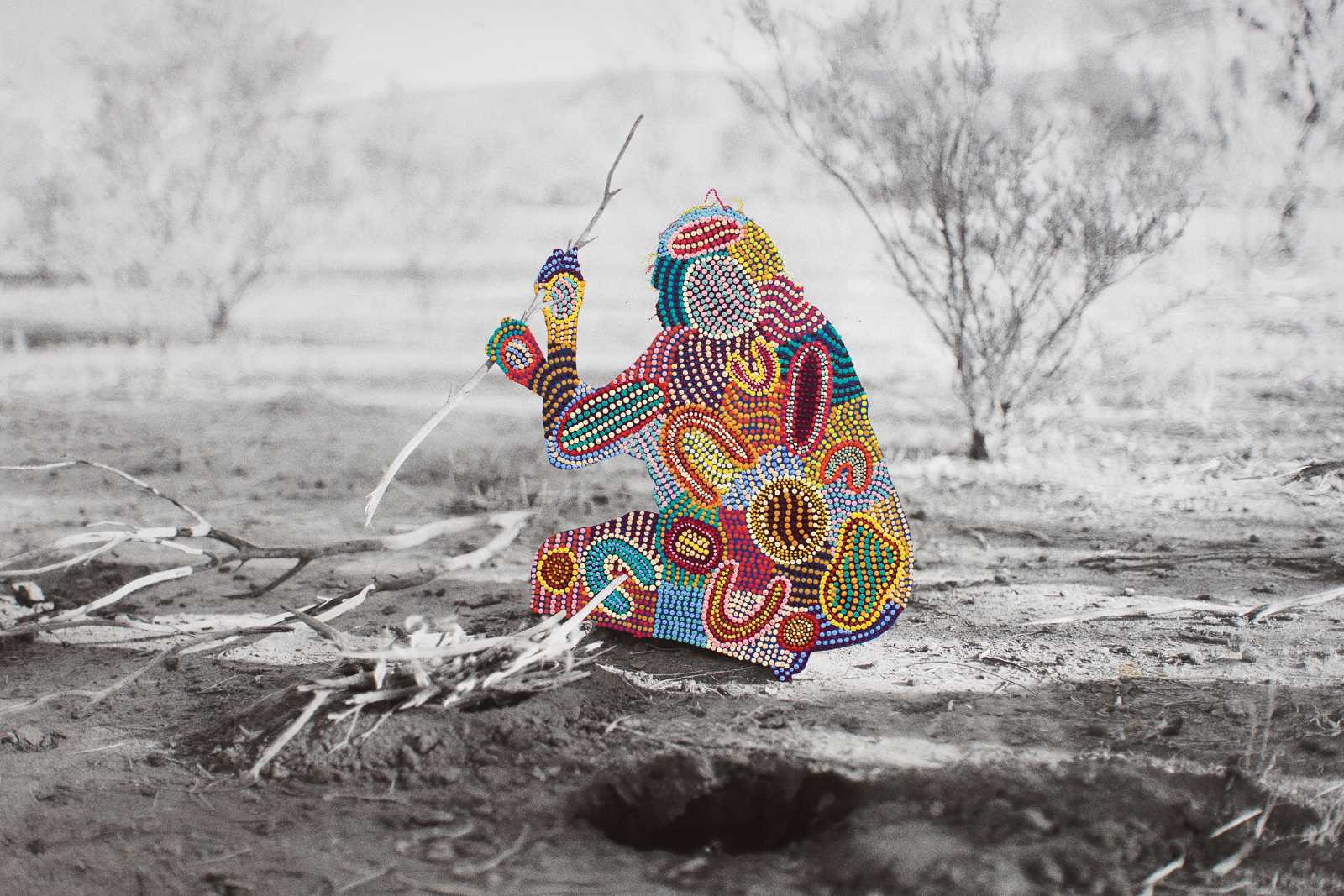Brazil
Colonialism and environmental preservation in Brazil
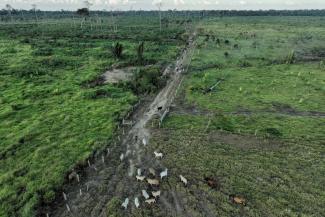
Brazil is the most biodiverse country in the world, home to much of the Amazon rainforest and most of the largest tropical wetland, the Pantanal. Given this natural wealth, Brazil has long aimed to play a global leadership role in environmental issues. Recently, the Brazilian government is concerned with meeting its Paris Agreement climate goals and preparing for the 2025 Conference of the Parties (COP) in the Amazonian city of Belém.
President Luiz Inácio Lula da Silva holds a very different position on sustainability than his predecessor, Jair Bolsonaro. Lula ran for office pledging to protect the environment and indigenous peoples. He reappointed Marina Silva as environment minister and promised to halt deforestation by 2030.
Yet, Brazil has faced severe impacts of climate change, and the government’s response has clearly been insufficient. In May, heavy floods submerged much of the large southern state of Rio Grande do Sul. Shortly after, extreme droughts and fires ravaged the Amazon, the Pantanal and states like Minas Gerais and São Paulo. Scientists warn the Amazon may be nearing an irreversible tipping point, which could have serious consequences for the economy, environment, energy supply and public health.
Colonial legacy of exploitation
Why is it so hard to protect the environment in Brazil, even when there is alleged political will to do so? While logistical and resource challenges play a role, Brazil’s colonial legacy has a lasting impact – as it does in other sectors. High rates of Amazon deforestation are linked to colonial plans of economic exploitation and domestic migration that generate social tensions too. Research shows that old-growth forests carrying pre-Columbian ecological legacies are still prevalent in regions where indigenous groups live, and colonial influence was weaker.
Under Jesuit influence, partially open forests were enriched with cacao trees. Latex extraction during the rubber boom altered the distribution of species in several areas. More recently, deforestation has made way for soybean farming and cattle ranching. This environmental history has significantly impacted the Amazon’s biodiversity and carbon dynamics.
Deforestation has been associated with colonial ideas of modernisation and progress, which favour clearing land for economic use and settlement. Historically, this was also viewed as essential for maintaining Brazil’s territorial integrity, both in colonial times and after independence. The northwestern region, for example, needed to be populated and become prosperous in order to contain foreign influence.
Resource extraction, commodity production, agricultural and infrastructure development have thus been shaped by a colonial logic. While this logic has varied across time, it has invariably led to unsustainable practices that hurt both the environment and indigenous peoples.
To a considerable extent, this logic persists today, even among those who claim to support the preservationist cause. For example, during Dilma Rousseff’s leftist administration, a large hydro-electric dam was built in the northern state of Pará, drawing harsh criticism from environmentalists. Bolsonaro’s extreme-right reactionary rule sought to displace indigenous peoples to expand agriculture, mining and infrastructure projects. Lula himself is pushing for oil extraction at the mouth of the Amazon River. Additionally, the National Congress has recently approved an amendment to Brazil’s constitution that restricts the land rights of indigenous groups.
André de Mello e Souza is an economist at Ipea (Instituto de Pesquisa Econômica Aplicada), a federal think tank in Brazil.
Twitter/X: @A_MelloeSouza



